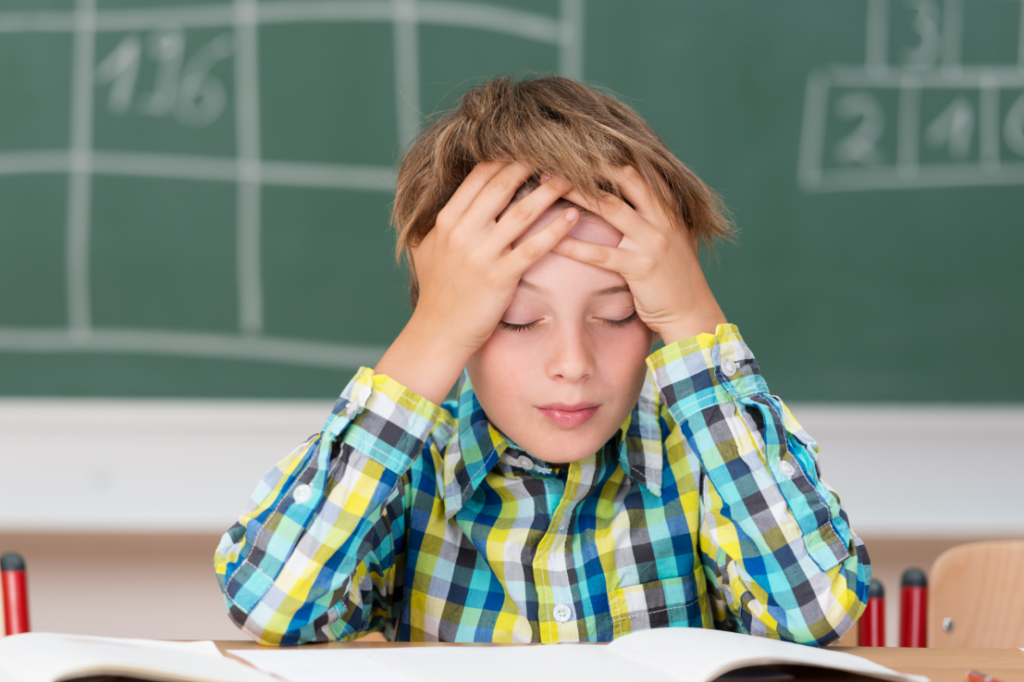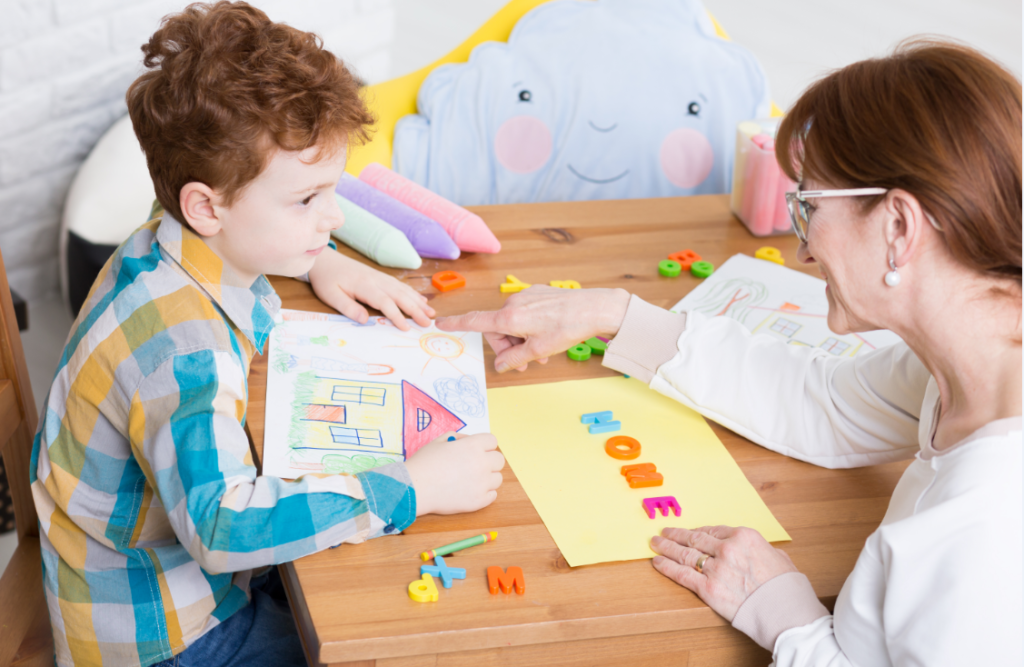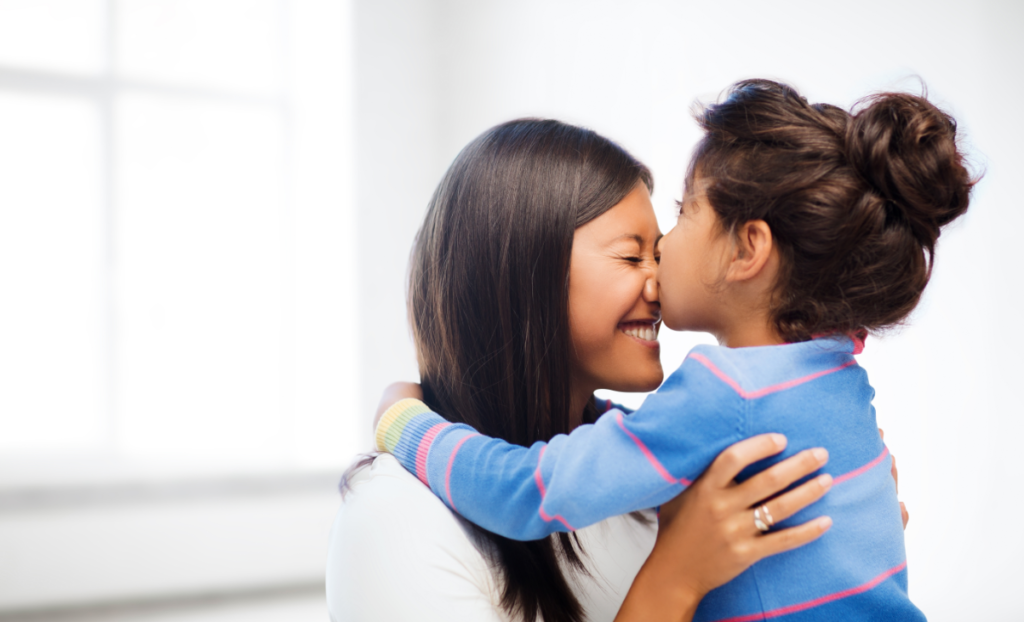Natural Consequence: Discipline Your Children without Power Struggle
Many children don’t understand the reasons behind their parents’ rules. Rather than learning, “I should study hard because it’s good for my future,” a child may conclude, “I have to study hard because my mom makes me.”
Natural consequences prepare children for adulthood by helping them experience the potential consequences of their choices. Kids learn to link their actions with consequences when they’re allowed to experience the consequences of their choice.
My son Derek, who is 6 years old, for example, wanted to keep his toy’s empty boxes at the time our luggage had no more space for them. After he took out the toy cars, he wanted to see the pictures on the boxes. I suggested he threw them away but he rejected it immediately. He insisted to keep the empty boxes which for us were nothing more than trash. He could not prioritize things, which is exactly what we wanted to teach him at his age.
As parents, my husband and I could have ordered him to throw them away. Yet we didn’t want to force him. Instead, we offered him a natural consequence in order to teach him the reason behind our suggestion. “As you can see, honey, we don’t have room for those boxes. If you insist on keeping them, hold them yourself while we are walking.”
After holding the boxes for ten minutes, “Oh my God, I am so tired, mom. Can you help me to take those boxes?” Derek whined.
“No, I am afraid you need to take them yourself. It is you who insists on keeping them.” I replied in a peaceful voice.
“OK, then I want to throw one of them away and keep another.”
Shortly after he threw away the first box, his dad coincidently asked him for a favor, to help him push the luggage up a slope. He has always been delighted to help his dad. That’s when he started to experience the advantage of throwing a useless box away and leaving his hands free. He was happy to help but he had to do that with both of his hands. It was the time he told me he wanted to throw the last box away to help his Dad.
Leading by example is better than just saying it. Natural consequence is a good strategy to teach children the reason behind every choice. It teaches children the following skills, executive function, the ability to prioritize things and nip the problem in the bud.
One caveat is natural consequences should only be used when it is safe to do so. Don’t allow your child to touch a hot stove to ‘teach him a lesson.’ He could get seriously injured. When there’s a potential safety issue, intervene before your child makes a mistake.
Another thing to consider is that natural consequences do not work well on younger children. Preschoolers lack the ability to understand that the consequence is a direct result of their behavior.
If you let a 3-year-old choose his own bedtime, he may not understand he’s tired because he stayed up too late. Unless your child understands cause and effect, he isn’t likely to choose an earlier bedtime in the future.
Make sure your child is able to recognize the connection and then apply the natural consequence as a discipline strategy. Children who are older than 6 years old should be able to see how their behavior led to a consequence.







